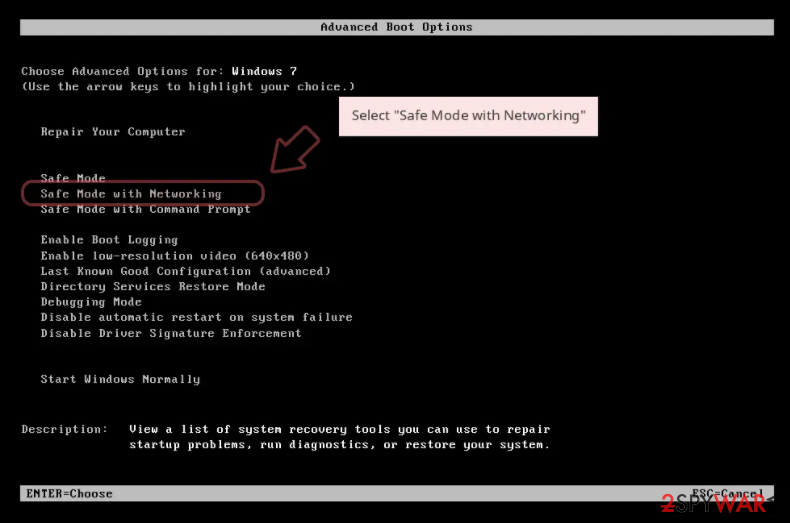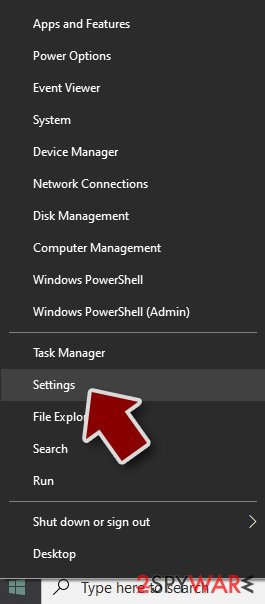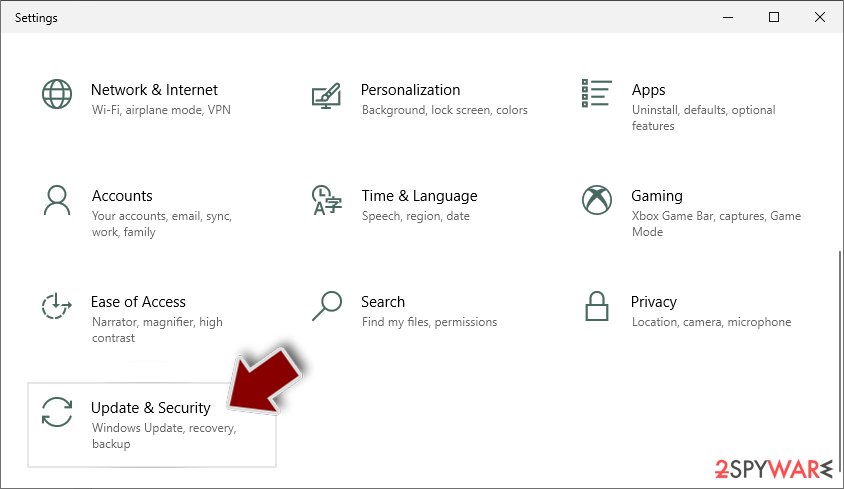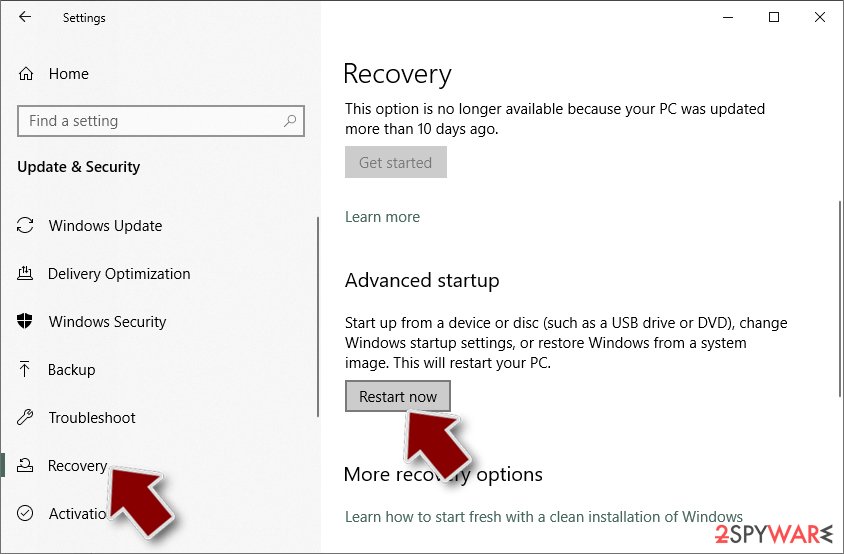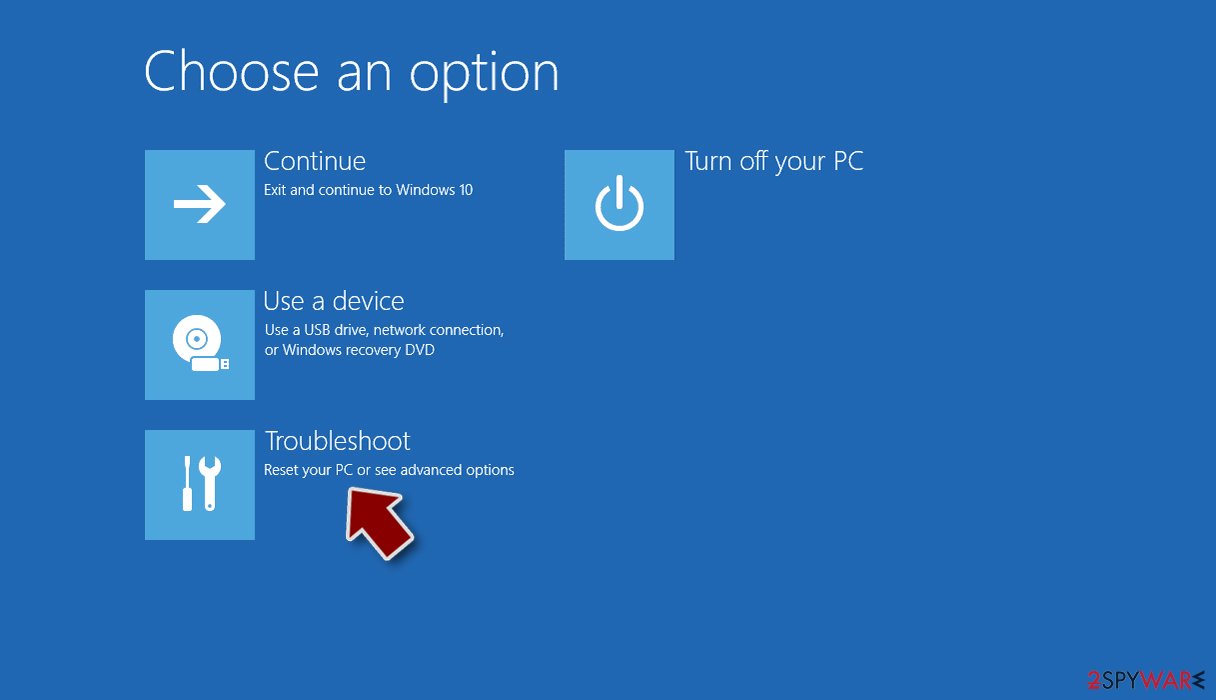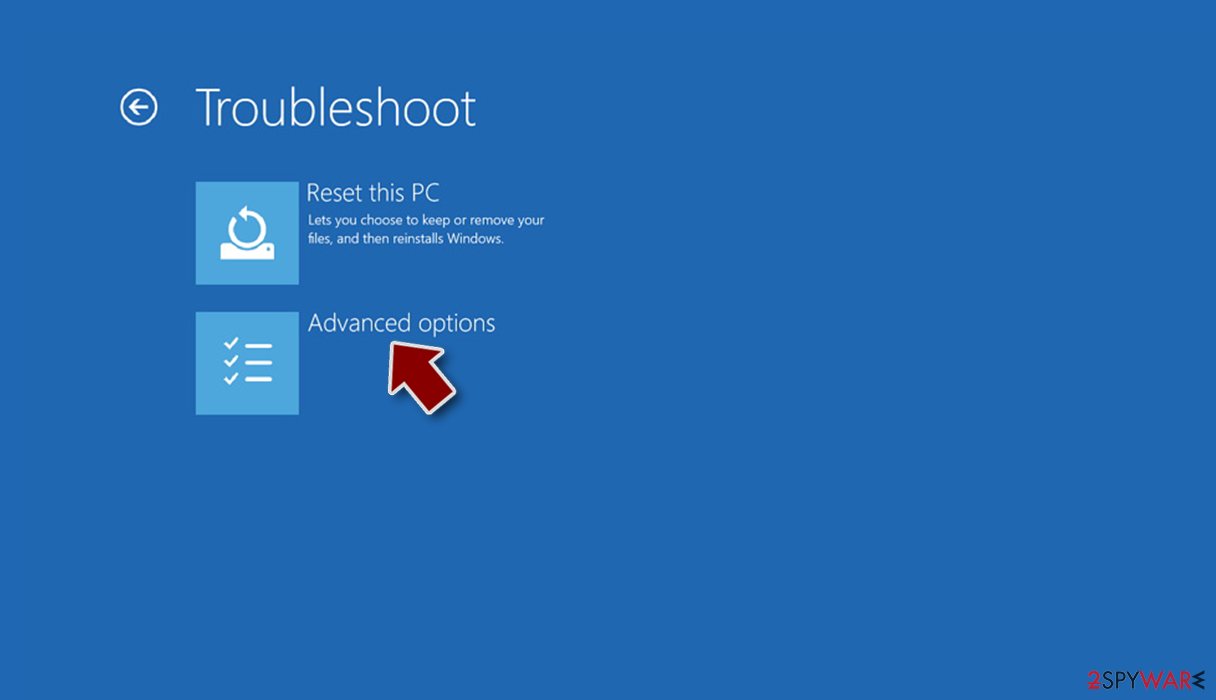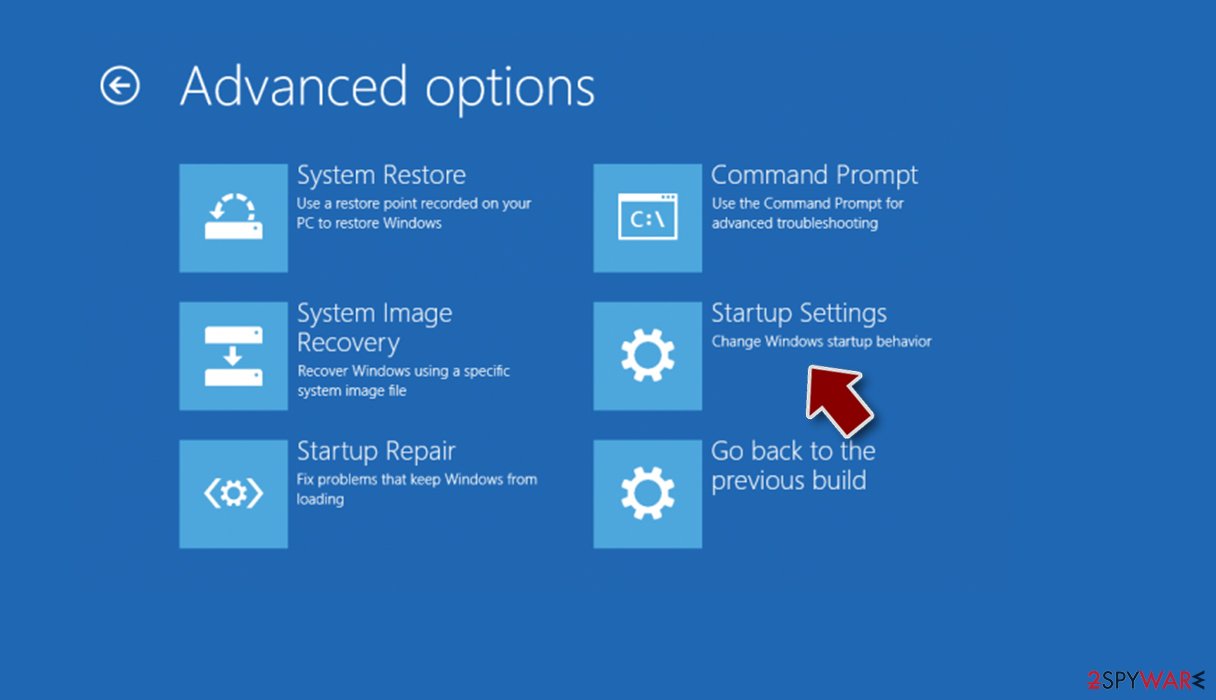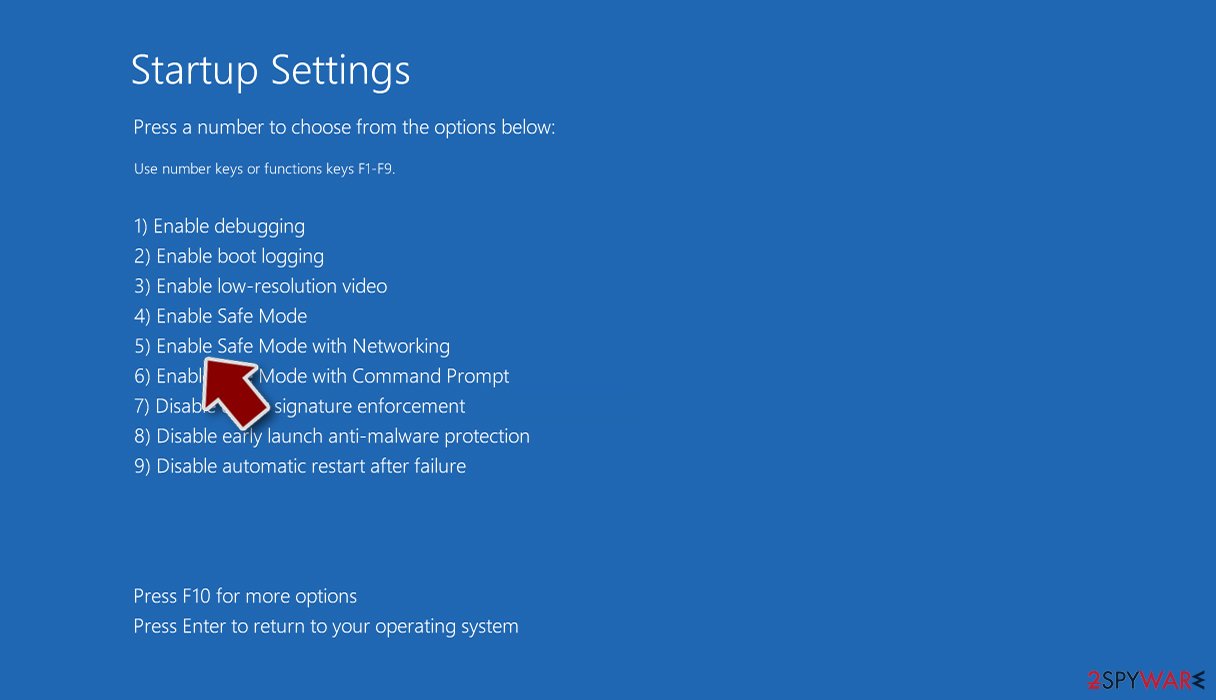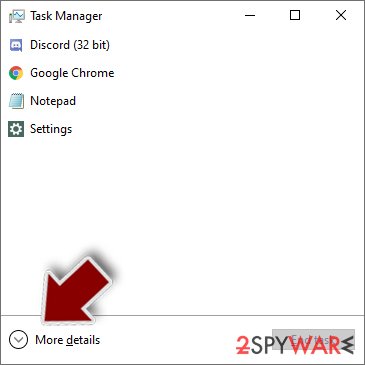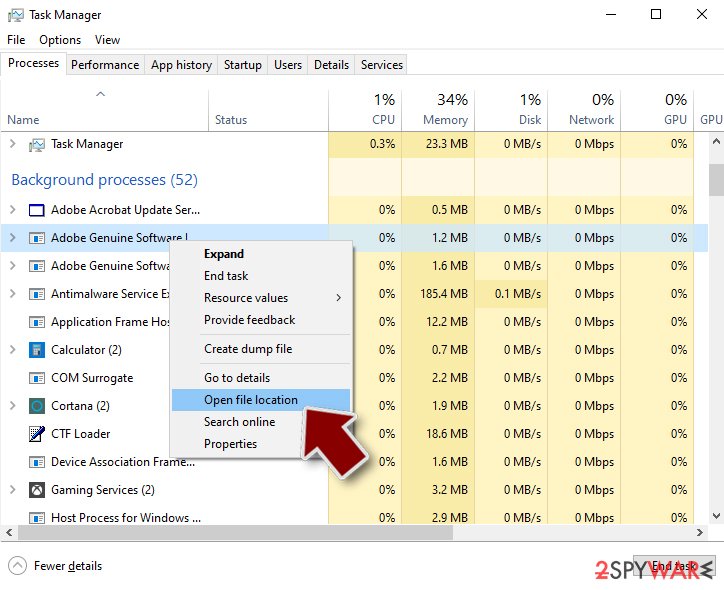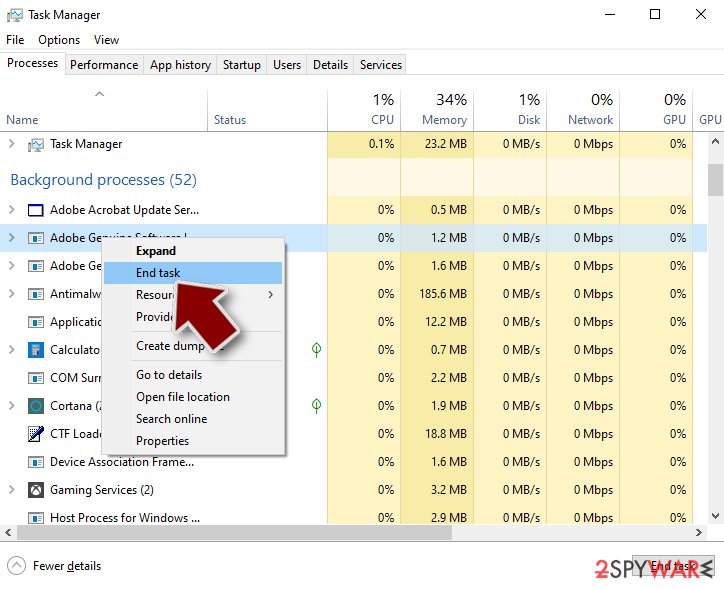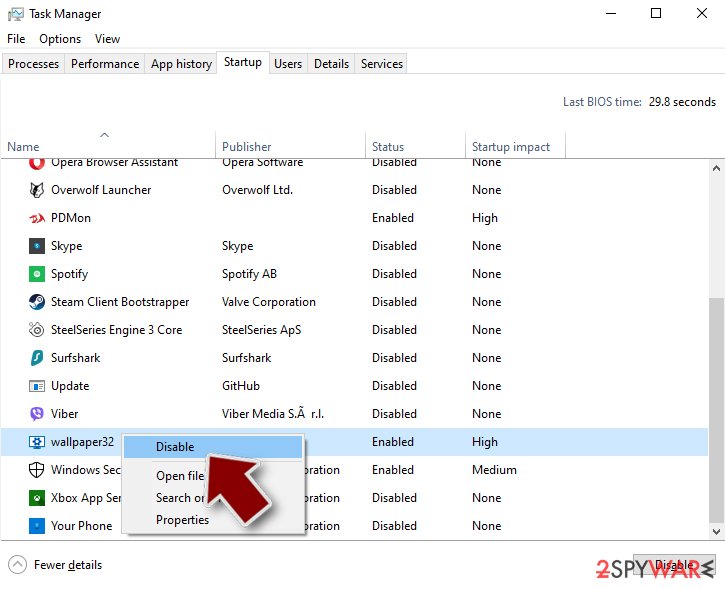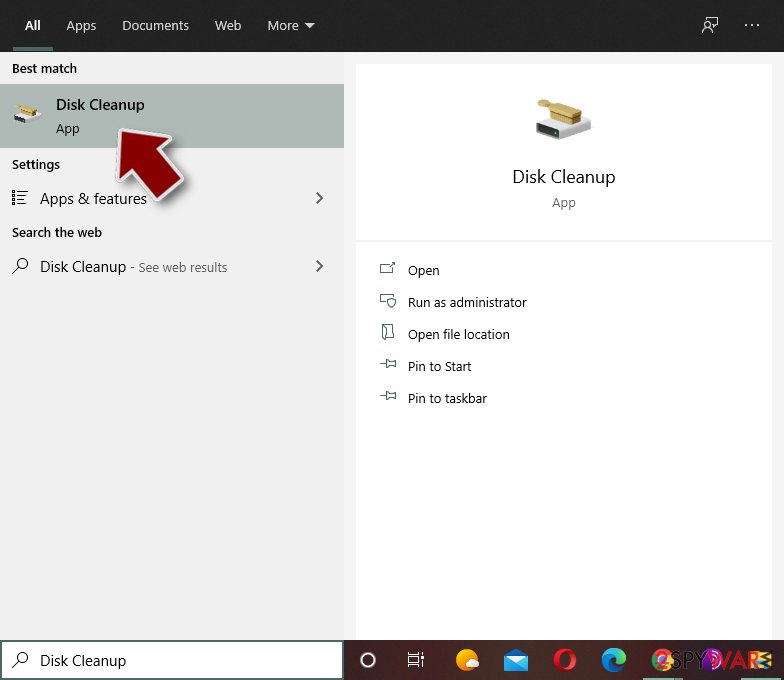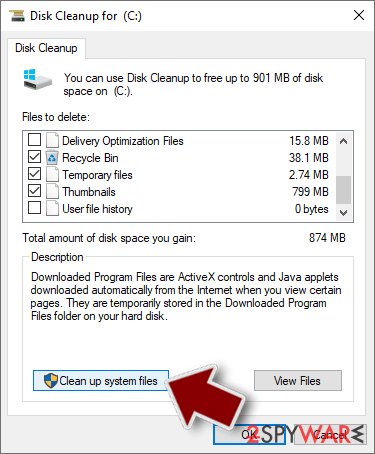Elara app (Removal Instructions) - updated Feb 2020
Elara app Removal Guide
What is Elara app?
Elara app is a touchpad-related app that prevents users from logging out of their Windows machines
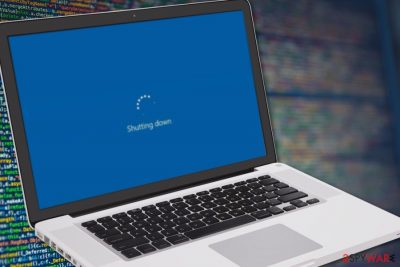
Elara app is a pre-installed program that is usually shipped with Dell, Toshiba, or Sony laptops. It can only be found running on laptops (it runs in the Task Manager as ApntEX.exe process), as its main purpose is to support the functionality of the touchpad. Nevertheless, not all built-in apps meet the expectations of users, as many complained that the Elara app is preventing Windows from shutting down or signing out of the computer. Due to this and because the app appeared seemingly out of nowhere, many users assumed that it is a potentially unwanted program or a virus.
While the original Elara app is not dangerous, it is worth noting that its main process that runs a background might be injected with or replaced by malware. The known examples that use the name of the process include Sality, Ramnit, Fareit, and others.[1] The first characteristic of the infection are system slowdowns and crashes, although, in some cases, users may encounter no signs at all. Thus, it is important to determine whether the Elara app's process is not affected by malware.
Note that, in case the process Apntex.exe is not infected, Elara removal might cause touchpad malfunctions, so doing so is not recommended. Instead, you can apply a Windows registry[2] fix we provide below.
| Summary | |
|---|---|
| Name | Elara |
| Type | Touchpad-driver related software |
| Developer | Alps Electric Co. – Japanese electronic company that produces various hardware components for Sony, Dell, and Toshiba |
| Main process | Elara runs a background process named Apntex.exe, which sometimes might be replaced with, or injected by a virus |
| Related malware | Parite, Sality, Ramnit, Virut, Daum, Runonce, Fareit |
| Danger level | The original application does not pose any risks, while malicious files that replace Elara's main executable is extremely dangerous |
| Affected OS | Windows systems |
| Symptoms | Elara app prevents users from shutting down Windows, as well as logging out |
| Distribution methods | Laptop touchpad drivers; malware can be distributed in a variety of ways, including spam email attachments, botnets, drive-by downloads, exploits, cracks, etc. |
| Recovery | In case of system corruption, use FortectIntego |
| Removal | There is no need to terminate the official app, but instead apply a fix provided below. To get rid of malware from your computer, scan it with reputable security software |
Elara is known since 2015. It is associated with the Apntext.exe file, which is the application that controls touchpad on Windows laptops. The program is located in a specific folder in C:\Program Files directory. The folder can be called DellTPad or similar, based on the machine’s manufacturer.
Users who have Elara app installed on their computers might soon start encountering the following errors when trying to shut down the machine, or simply sign out:
Elara App is preventing you from shutdown
Elara App is Preventing Windows from Restarting
Elara App is Preventing Windows from Signing Out
These errors are usually followed by other computer-related problems, such as an inability to run legitimate programs, general sluggishness of the computer, installation of unknown applications, slow Internet connection, etc.
If you are dealing with Elara app issue which is related to touchpad drivers, you should try one of these methods:
- installing available Windows updates;
- updating touchpad device drivers;[3]
- downloading latest drivers for your computer’s touchpad;
- reinstalling the touchpad driver.
Since these issues are highly technical and are not related to malware, scanning your machine with anti-malware will not provide any positive results when trying to fix them. Nevertheless, keep in mind that Elara app virus may also be the cause of various system malfunctions, so it is essential to check the system for malware.
To check whether your system is indeed infected, you should thoroughly scan your computer with a powerful anti-virus application and remove Elara virus immediately. In some cases, only a scan in Safe Mode with Networking will work, as some malware prevents security software from working in normal mode. If you need instructions on how to reach it, please check the guide provided below.
In case Elara app issues were related to virus infection, you may find that the issues did not go away, even after its termination. This is because some malware negatively impact system-related files, and a regular anti-virus cannot fix those files. Due to this, computer users might be experiencing errors, lags, crashes, and other issues. If that is the case, we highly advise you to use FortectIntego – this repair software can fix virus damage with ease.
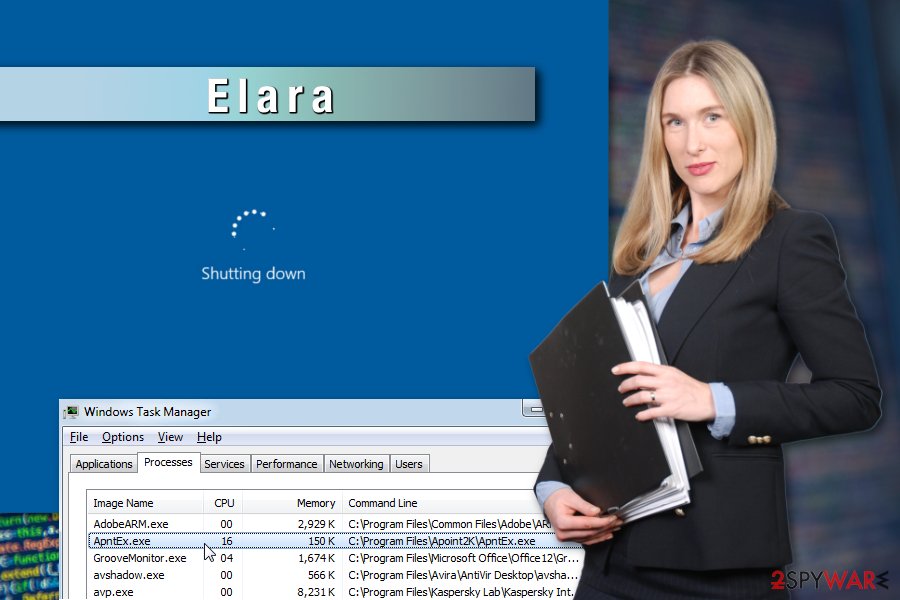
Distribution methods of malware
As we mentioned above, the background process Apntex.exe can be replaced by malware – this can happen with almost every executable running on your machine, as hackers often name malicious files by well-known names in order to mask their prescience from users and some weak anti-malware programs.
Malware developers can use a variety of methods to distribute their malicious creations to as many victims as possible. Without a doubt, more infected users mean more profit for the attackers, as one of the main motivators of malware creation is financial gain. For example, the Sality virus uses keylogging feature to steal banking and other credentials and also includes the infected system into a botnet that sends out spam, infecting more victims.
Security experts from Novirus.uk[4] provide the following tips that would prevent most malware coming your way:
- Employ comprehensive security software with real-time protection feature;
- Use automatic updates for your operating system and all the installed apps to prevent software vulnerabilities from being exploited by malicious actors;
- Practice good web browsing habits: install ad-block extension, don't visit high risk sites, learn to spot online phishing and scam;
- Never download software cracks like KMSpico;
- protect all your accounts with strong, alphanumeric passwords (alternatively, use a password manager);
- Use two factor authentication;
- Never reuse your passwords;
- Do not allow email attachments to run a macro function (“Allow Content”) or click on links inside a suspicious email.
Get rid of Elara app-related problems
If you received Elara App is Preventing Shutdown/Restarting/Sign out error on Windows computer, you can try to fix the problem by installing available Windows or touchpad driver updates or reinstalling the touchpad driver. If these methods do not help, you can try using Windows Registry Editor (please backup the registry before performing any changes):
- Press Windows Key + R to open the Run window.
- Type regedit in the box and click OK.
- When in Registry Editor, navigate to HKEY_CURRENT_USER\Control Panel\Desktop in the left pane.
- In the right pane, right-click and choose New > DWORD (32-bit) Value. Set the name of a new key AutoEndTasks and set the value to 1.
- Click OK.
- Close Registry Editor, and check if the problem is solved.
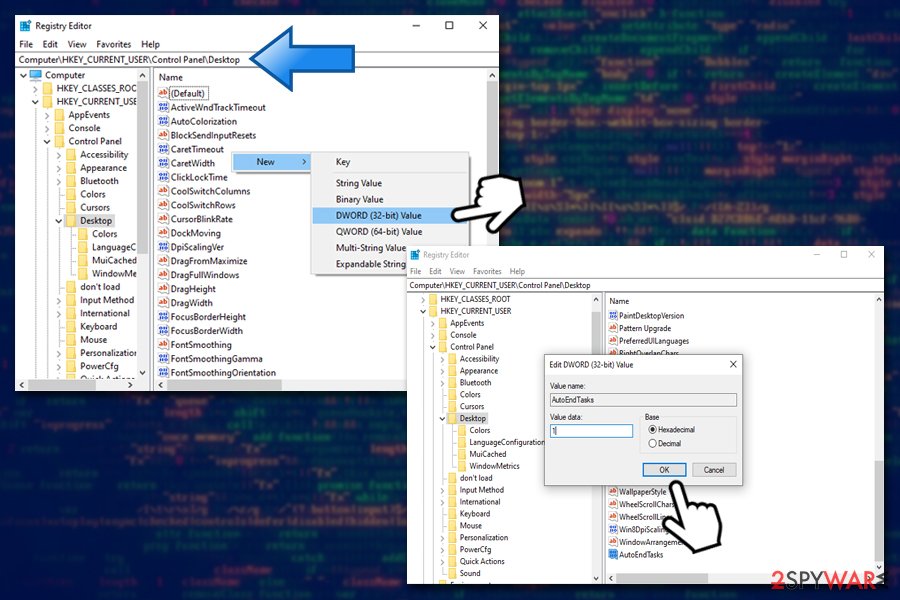
However, if you think that you are dealing with a virus, you should opt for automatic Elara removal. This method requires scanning the device with reputable anti-malware software like SpyHunter 5Combo Cleaner or Malwarebytes. After full system scan, all potentially unwanted applications will be wiped out from the device.
Be aware that, if you remove Elara app driver which is not infected by malware, it may cause instability issues and malfunction of your laptop touchpad. Run FortectIntego to repair damage.
Getting rid of Elara app. Follow these steps
Manual removal using Safe Mode
In case your security software is struggling to get rid of malware, access Safe Mode with Networking as explained below:
Important! →
Manual removal guide might be too complicated for regular computer users. It requires advanced IT knowledge to be performed correctly (if vital system files are removed or damaged, it might result in full Windows compromise), and it also might take hours to complete. Therefore, we highly advise using the automatic method provided above instead.
Step 1. Access Safe Mode with Networking
Manual malware removal should be best performed in the Safe Mode environment.
Windows 7 / Vista / XP
- Click Start > Shutdown > Restart > OK.
- When your computer becomes active, start pressing F8 button (if that does not work, try F2, F12, Del, etc. – it all depends on your motherboard model) multiple times until you see the Advanced Boot Options window.
- Select Safe Mode with Networking from the list.

Windows 10 / Windows 8
- Right-click on Start button and select Settings.

- Scroll down to pick Update & Security.

- On the left side of the window, pick Recovery.
- Now scroll down to find Advanced Startup section.
- Click Restart now.

- Select Troubleshoot.

- Go to Advanced options.

- Select Startup Settings.

- Press Restart.
- Now press 5 or click 5) Enable Safe Mode with Networking.

Step 2. Shut down suspicious processes
Windows Task Manager is a useful tool that shows all the processes running in the background. If malware is running a process, you need to shut it down:
- Press Ctrl + Shift + Esc on your keyboard to open Windows Task Manager.
- Click on More details.

- Scroll down to Background processes section, and look for anything suspicious.
- Right-click and select Open file location.

- Go back to the process, right-click and pick End Task.

- Delete the contents of the malicious folder.
Step 3. Check program Startup
- Press Ctrl + Shift + Esc on your keyboard to open Windows Task Manager.
- Go to Startup tab.
- Right-click on the suspicious program and pick Disable.

Step 4. Delete virus files
Malware-related files can be found in various places within your computer. Here are instructions that could help you find them:
- Type in Disk Cleanup in Windows search and press Enter.

- Select the drive you want to clean (C: is your main drive by default and is likely to be the one that has malicious files in).
- Scroll through the Files to delete list and select the following:
Temporary Internet Files
Downloads
Recycle Bin
Temporary files - Pick Clean up system files.

- You can also look for other malicious files hidden in the following folders (type these entries in Windows Search and press Enter):
%AppData%
%LocalAppData%
%ProgramData%
%WinDir%
After you are finished, reboot the PC in normal mode.
Finally, you should always think about the protection of crypto-ransomwares. In order to protect your computer from Elara app and other ransomwares, use a reputable anti-spyware, such as FortectIntego, SpyHunter 5Combo Cleaner or Malwarebytes
How to prevent from getting adware
Stream videos without limitations, no matter where you are
There are multiple parties that could find out almost anything about you by checking your online activity. While this is highly unlikely, advertisers and tech companies are constantly tracking you online. The first step to privacy should be a secure browser that focuses on tracker reduction to a minimum.
Even if you employ a secure browser, you will not be able to access websites that are restricted due to local government laws or other reasons. In other words, you may not be able to stream Disney+ or US-based Netflix in some countries. To bypass these restrictions, you can employ a powerful Private Internet Access VPN, which provides dedicated servers for torrenting and streaming, not slowing you down in the process.
Data backups are important – recover your lost files
Ransomware is one of the biggest threats to personal data. Once it is executed on a machine, it launches a sophisticated encryption algorithm that locks all your files, although it does not destroy them. The most common misconception is that anti-malware software can return files to their previous states. This is not true, however, and data remains locked after the malicious payload is deleted.
While regular data backups are the only secure method to recover your files after a ransomware attack, tools such as Data Recovery Pro can also be effective and restore at least some of your lost data.
- ^ How to Remove “Apntex.exe”. Comodo. File Intelligence.
- ^ Windows Registry. Wikipedia. The free encyclopedia.
- ^ Fix touchpad problems in Windows 10. Microsoft support. The official website.
- ^ Novirus. Novirus. Cybersecurity advice and malware removal guides.
